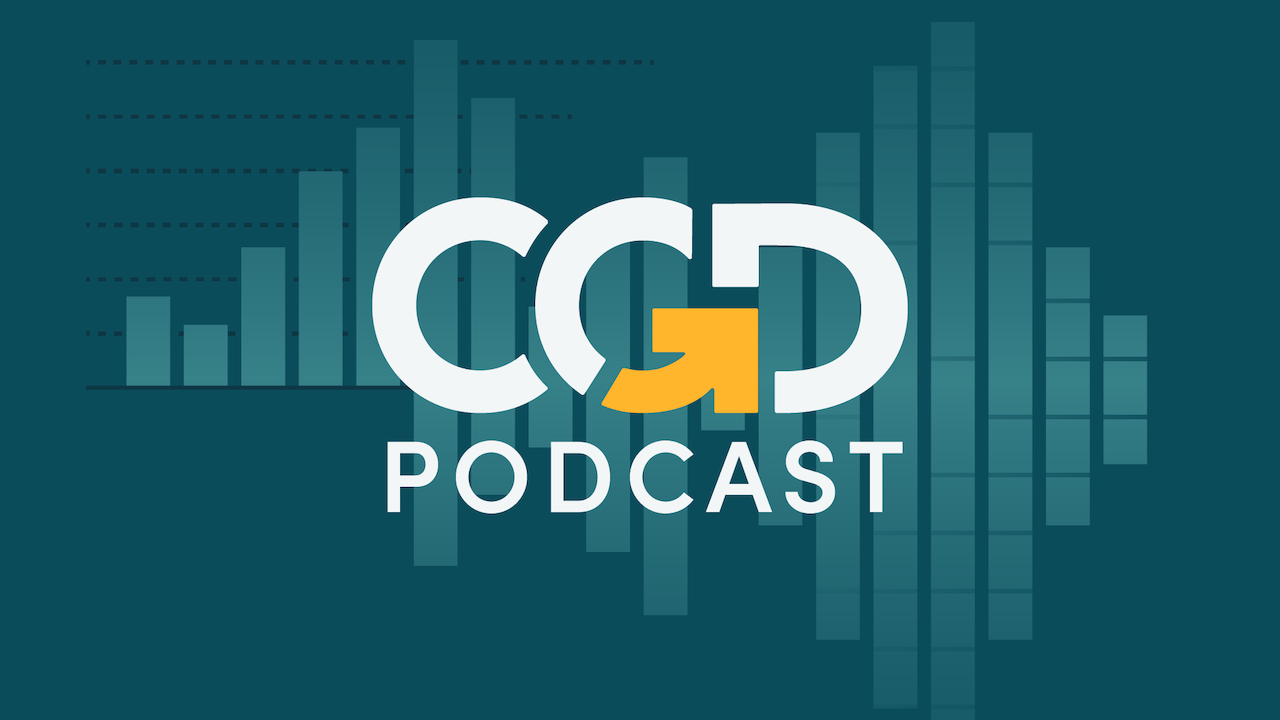With the world still in the tight grip of the COVID-19 pandemic, development cooperation partners are facing unprecedented challenges. With increased poverty rates, limited fiscal space due to the pandemic and a heightened need to adapt to global challenges like climate change, partner countries face overlapping crises that urgently need to be tackled. Meanwhile, donor countries and their development cooperation agencies also face a variety of obstacles: stagnant or decreasing aid budgets, political demand to link development cooperation spending to domestic interests and a more volatile global world order.
These issues will set the stage for the 2021 virtual Development Leaders Conference (DLC) taking place next month.
In developing strategies which simultaneously address medium- and long-term challenges both traditional and newer donors need to address tensions and overlaps between the pursuit of country-based development and in-country poverty reduction on the one hand and global development on the other hand.
The private conference, co-hosted by the Swedish International Development Cooperation Agency (Sida) and CGD, brings together the heads of bilateral development agencies, and leadership from multilateral development banks (MDBs) and other relevant institutions. The annual forum, now in its fourth iteration, will provide a timely opportunity for these key decision-makers to discuss approaches to the changing agenda for development cooperation and the future of aid. Past DLCs (2018 in London, 2019 in Beijing and 2020 virtual) have demonstrated the value in informal peer-to-peer exchange—triggering lively discussions on the role and purpose of aid last year
By design, the DLC is private to enable frank conversations and constructive dialogue outside formalized and often politicized meetings. Since we gathered last autumn, the global disruptions due to the COVID-19 pandemic have continued, and the dire long-term consequences of this health emergency have become more and more evident.
In light of these manifold challenges, this year’s discussions will center around the following questions:
- How can we apply the principles of aid effectiveness to global public good spending?
- Should bilateral development agencies even invest in the provision of global public goods?
- What should priority areas for ODA spending be and why?
- What is the relationship between ODA spend and the development of the private sector in partner countries?
To provide a baseline for progress on these discussions, CGD experts will present the findings of a survey they conducted among bilateral and multilateral development agencies to better understand how officials in donor agencies see their role in the world and the role of ODA in tackling current and future development challenges. A similar survey has also been circulated among partner country officials to gather a better picture of their perception on these questions. After the conference, we will publish key take-aways from these surveys.
We’ll also hear from a range of high-level academics and practitioners on their respective takes on how to apply the lessons of aid effectiveness to global public goods spending. Distinguished speakers include Dr. Ngozi Okonjo-Iweala, Director-General of the World Trade Organization, Sir Mark Lowcock,former Head of UN OCHA and Dr. Inge Kaul of the Hertie School for Governance.
The conference will provide development practitioners with insight into spending patterns in reaction to the COVID-19 pandemic and emerging trends in agencies’ strategies to cope with the various demands in partner countries. There is a consensus, for example, among many actors that the private sector is key to unlocking additional finance which is required to support partner countries recover from the pandemic, and to accelerate progress to reach the Sustainable Development Goals (SDGs) by 2030. But despite this consensus, not much progress has been made by moving from “billions to trillions”.
This year’s DLC will give us the opportunity to explore barriers to and assumptions which have been informing strategies around leveraging private investment with public spending, and to look at the findings of a survey conducted by CGD experts on the use of blended finance in bilateral donor agencies.
The discussions and shared experiences of development leaders will enable us all to critically reflect on how to best provide development cooperation in such challenging times. Watch this space for key insights which will be shared following the conference.
CGD blog posts reflect the views of the authors, drawing on prior research and experience in their areas of expertise.
CGD is a nonpartisan, independent organization and does not take institutional positions.







